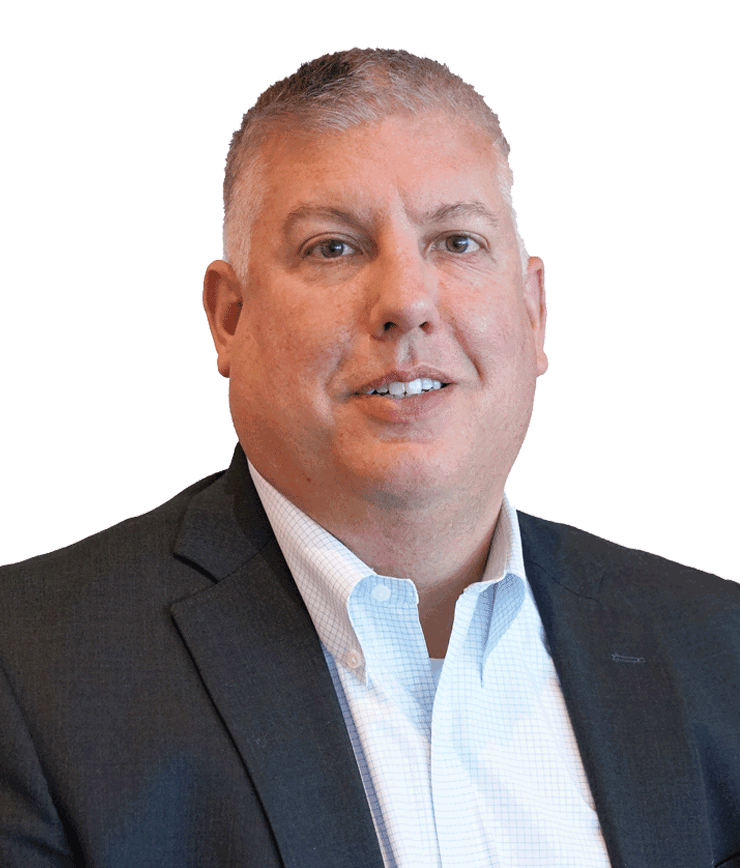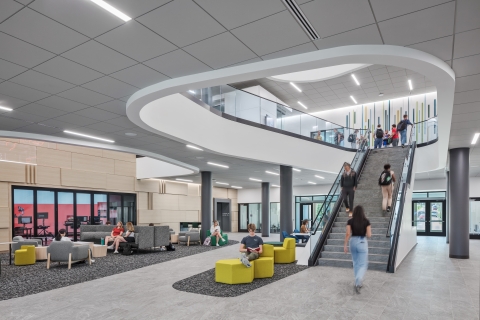
Understanding the Student Experience: Part Four
Staying true to its promise to Design for People, BHDP Architecture frequently engages with students on campuses across the country to gain a deeper understanding of their experiences, which span a range of academic, social, and recreational pursuits. This spring, fueled by higher education institutions’ responses to the COVID-19 pandemic, BHDP Client Leaders initiated a series of virtual focus group discussions with a cross-section of students to understand how these mandated online learning policies and campus closures have impacted the students’ current experiences. In addition, these conversations are also uncovering how this pandemic will likely shape their behaviors and expectations in the near future when they are permitted to return to campus.
This blog is the fourth and final blog in a four-part series of observations and key learnings that have been distilled from these virtual focus groups. A more comprehensive summary was shared in BHDP’s Trends + Tensions podcast series this May, and an article that features the various implications that were generated from this qualitative research will be published in early summer.
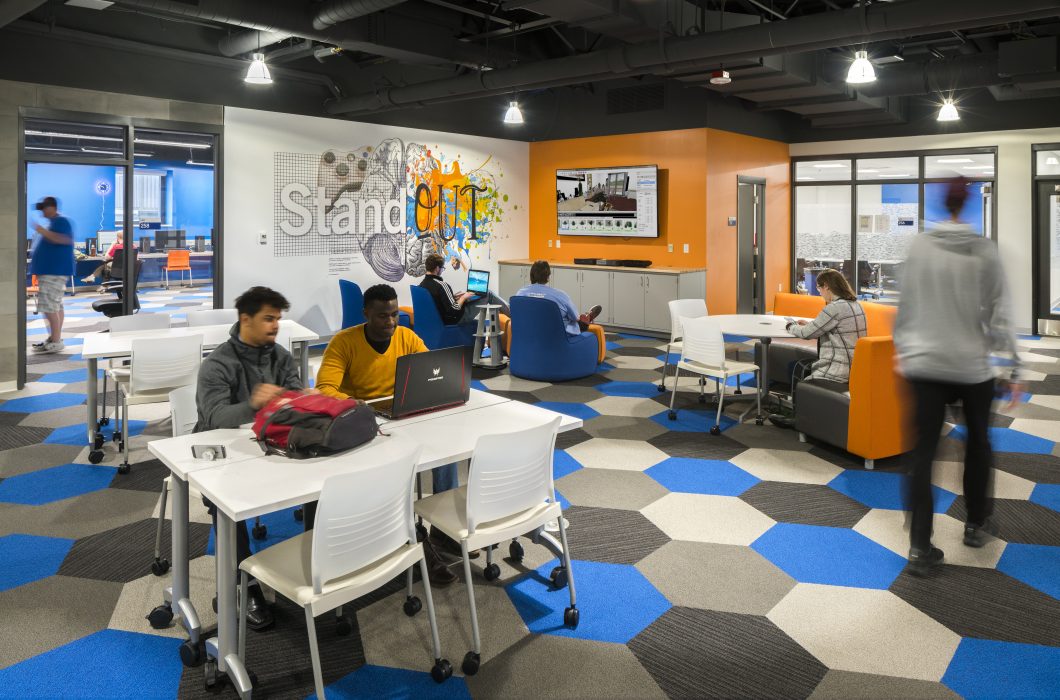
Students expect that changes will be made to high-traffic areas, like this space in the Shawnee State University Health Sciences/STEMM Facility.
Our fourth and final virtual focus group contained no shortage of new ideas. We spoke to six students: Ben, Davis, Irene, Melanie, Morgan, and Shannon. When we talked with these students, they were approaching the end of their semester and preparing for final exams. Because of this, they had time to adjust and collect their thoughts before speaking with us, so their perspectives are logical and well-thought-out. This is what we found:
Changes are affecting everyone—from first-year students to graduating seniors.
Students—of all ages—have been affected. For some, online classes are simply tough. Davis, a first-year student at The Ohio State University, explained that his “biggest issue with online classes is being able to focus. At home, I feel like a high school senior.” He went on to say one of his hardest classes only has video notes, which are not a practical way for him to learn new material while distance learning.
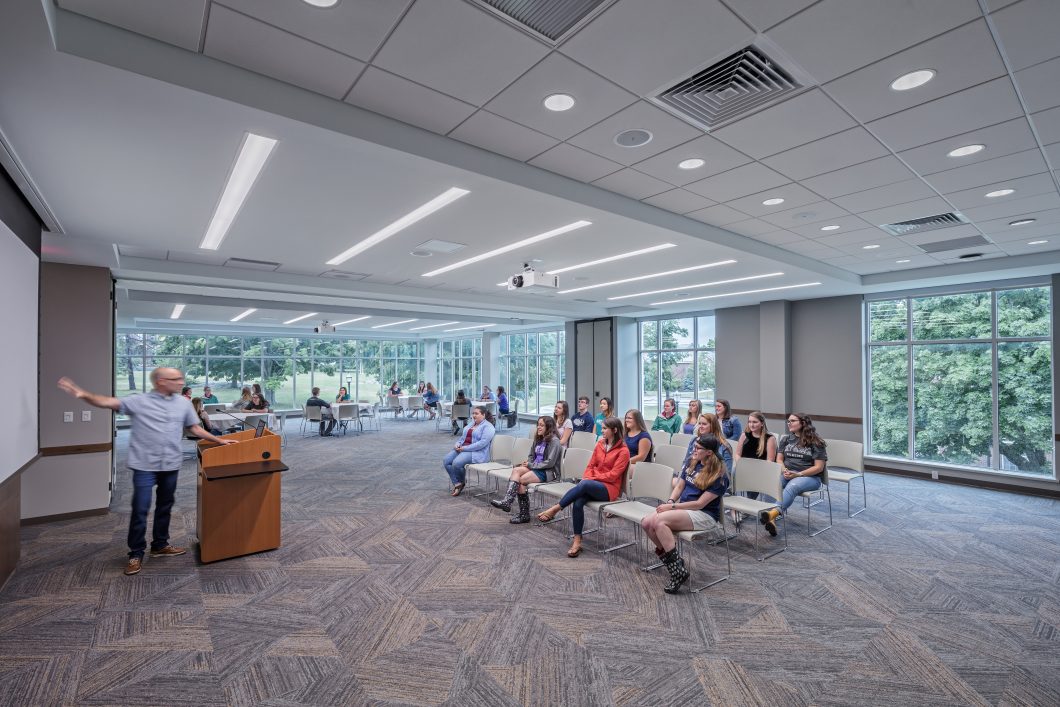
Students say live presentations, like this one at Saint Anselm College Roger & Francine Jean Student Center Complex, are important.
Distance learning, coupled with being at home, is “isolating and boring” for Morgan, an incoming student at Shawnee State University (SSU). Discussion-based classes have become difficult since the shift online, and Morgan values the ability to ask questions as soon as they arise.
For students eager to finish their last semester of college strong, postponed graduation ceremonies dampened their spirits. Ben, a senior at Case Western Reserve University (CWRU), expressed, “As seniors, we didn’t get the ‘victory lap’ that we all wanted.” In lieu of their traditional commencement ceremonies, CWRU held a virtual commencement celebration.
For Shannon, a graduating senior at Central Washington University, “the transition has been weird.” She remarked that “The challenge of getting into the professional world as a graduating senior has changed 100 percent. Normally, every quarter we have networking opportunities which lead to jobs.” Without these networking opportunities, making professional connections can be more difficult. Finding a way to host these virtually would be beneficial in preparing students for their post-grad careers.
Students predict upcoming changes, but they also expect challenges.
When asked about predictions for their future campuses, students were torn. Irene, a first-year student at the University of Cincinnati (UC), said, “UC is an urban campus. It’s really tight, and most of the time, every table is filled. I don’t know how UC is going to do it.” As I am writing this, UC has just announced a tentative plan for workers returning to campus, but students, who are set to begin the semester on August 24, were not mentioned.
Morgan expressed a similar problem at SSU: “As far as distancing is concerned, it’s hard to tell what will happen. People are already on top of each other in the den.” The “den” refers to The Bear’s Den, a dining hall on campus.
Shannon expects “More classes will likely be available online. With libraries, I hope there are long-lasting changes with practices for cleanliness, but it’s really hard to tell.” Melanie discussed cleaning practices, as well. “I work in the library on campus. We wipe down the keyboards regularly, but sometimes not the doorknobs. I think we are really going to be more focused on cleanliness.” Whether it’s new cleaning procedures, social distancing guidelines, or distance learning initiatives, these students are expecting modifications that affect their daily routines on campus.
Students have insight on how to improve distance learning and future campus experiences.
When asked how the physical campus could improve, students offered many ideas. Melanie said, “Something I think we would all appreciate is having more outdoor seating, which would be cleaner than being inside on couches.”
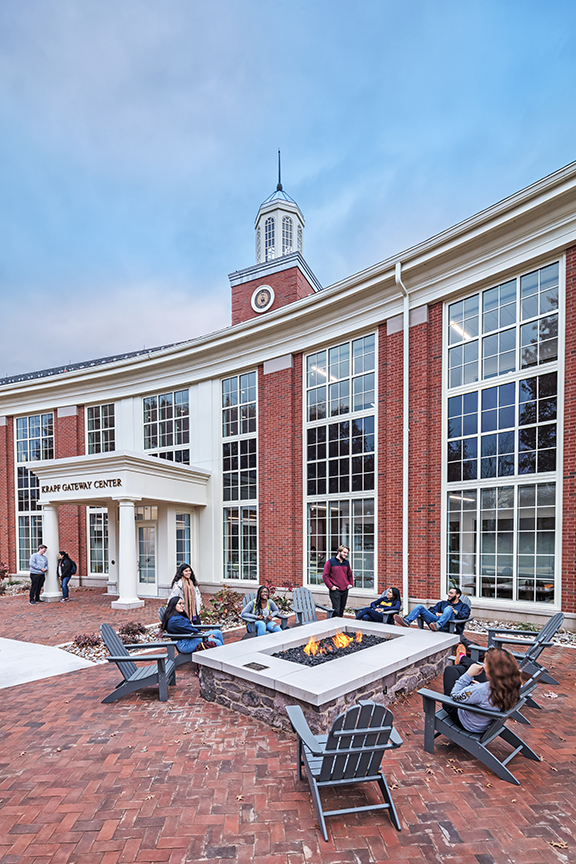
Outdoor seating, like this gathering area with a fire pit at Lycoming College Krapf Gateway Center, may need to increase to accommodate social distancing.
Shannon said that a live lecture is important, and “we would benefit from hybrid courses which can be watched online from home. It would be a good alternative.” Morgan re-emphasized how important lectures are: “I wish they had recorded lectures. There’s a struggle with not being able to ask questions on the spot, and there’s no one to elaborate.”
Ben offered a slightly different perspective: “I think we’re realizing that not all meetings are needed to be there physically.” Several students in our previous focus groups mentioned this, as well. There seems to be a division between courses that benefit from the simplicity of distance learning and the courses that require hands-on learning and collaboration to truly be effective. Some solutions must be tailored to the courses and their requirements. Ben continued, “I can see a positive coming out of this, and there’s a lot we can learn.”
There is still so much we can learn, and that is why we are working tirelessly to speak to students so we can inform better predictions for the future. We thank all the students who participated in our virtual focus groups throughout April, but our work is not done. If you know of a college student who has a voice that should be heard, please contact Tom Sens ([email protected]). We’d love for them to take a short survey documenting their experience over the past couple of months.
Check out part one, part two, and part three for more student experiences and insights on the effects COVID-19 is having on the future of higher education.

